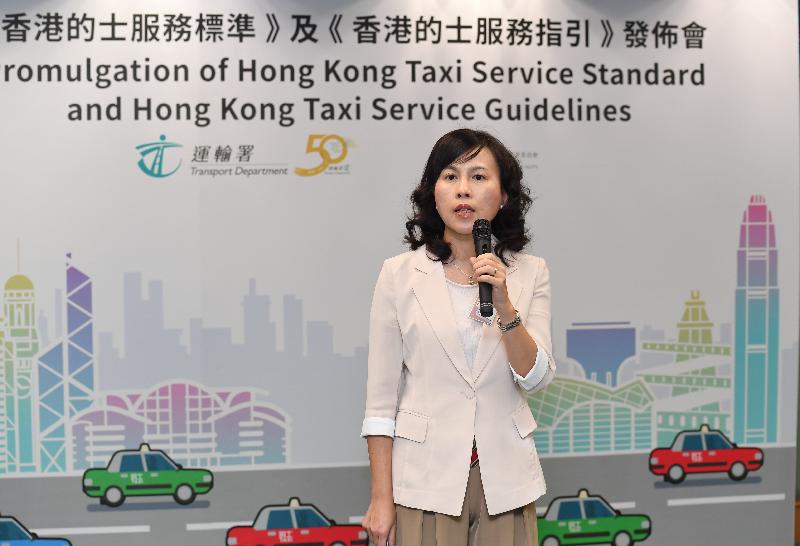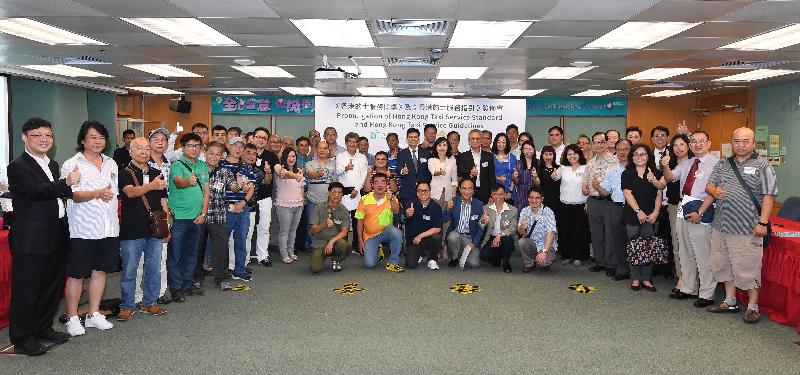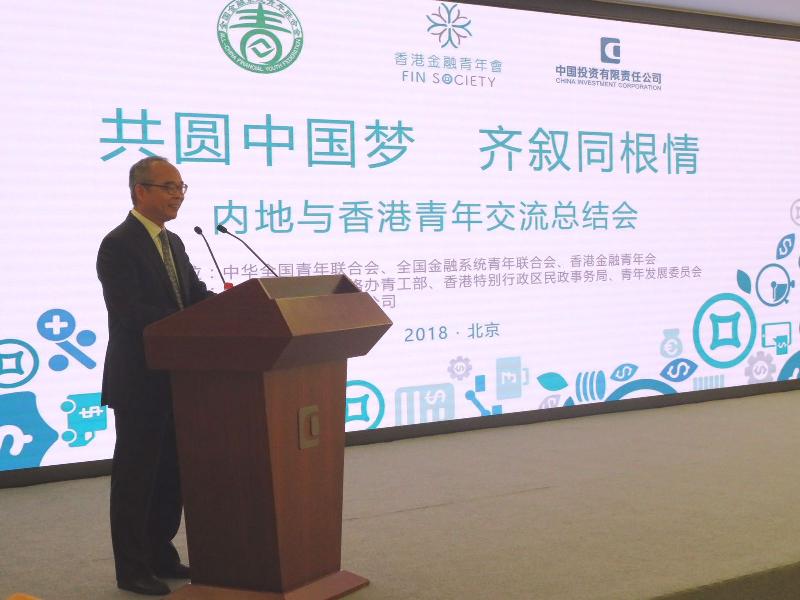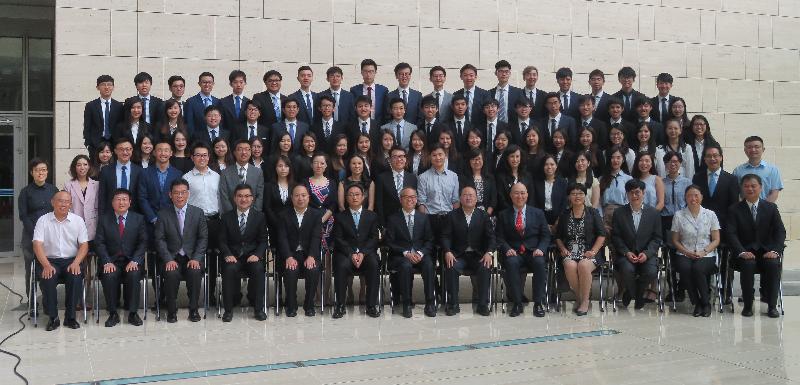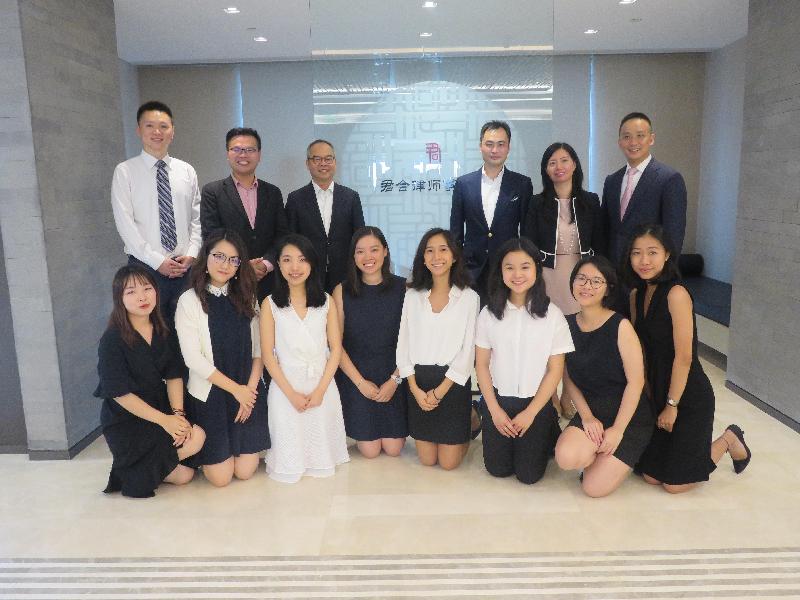“Hong Kong Taxi Service Standard” and “Hong Kong Taxi Service Guidelines” launched today (with photos)
The Transport Department (TD) and the Committee on Taxi Service Quality (CTSQ) held a promulgation event today (July 27) to launch the new "Hong Kong Taxi Service Standard" and "Hong Kong Taxi Service Guidelines" at the TD headquarters. The TD and the CTSQ also invited taxi trade representatives to join the event to promote the new service standard and guidelines and to call for their support and compliance with them.
Speaking at the event, the Commissioner for Transport, Ms Mable Chan, said that the CTSQ, established in early January this year to enhance the service quality of some 18 000 existing taxis, has already made good progress in its work. It has proposed a series of measures, which include launching the new "Hong Kong Taxi Service Standard" and "Hong Kong Taxi Service Guidelines", enhancing training courses on in-service taxi drivers' service quality in phases at the end of 2018, reviewing the existing sanctions for various taxi malpractices and introducing measures to commend taxi drivers for their quality services. The Secretary for Transport and Housing, Mr Frank Chan Fan, said at the Legislative Council Transport Panel meeting on Wednesday (July 25) that the government, in collaboration with the taxi trade, will organise training and launch publicity and education campaigns, such as a taxi driver commendation scheme, to enhance the service quality of taxis.
Meanwhile, the TD and the CTSQ will continue to improve the existing mechanism for handling complaints about taxi services; and encourage the trade to leverage technology to enhance operational efficiency and service quality, such as setting up or integrating taxi hailing application platforms. Also, the TD is drafting guidelines on the installation of a CCTV system in taxi compartments on a voluntary basis for the trade's reference.
Ms Chan appealed to the taxi trade to work together and forge ahead with efforts to enhance taxi service quality, and to improve the image of the taxi trade with a view to providing passengers with satisfactory and pleasant journeys.
The "Hong Kong Taxi Service Standard" and "Hong Kong Taxi Service Guidelines" are complementary. The TD hopes that the new standard and guidelines give clearer information to taxi drivers, taxi owners, agents and passengers so as to enhance the standard of taxi service.
The two documents set out the proper conduct and obligations as well as matters of concern that different stakeholders should pay attention to under the current legislation and the actual operation of the taxi trade.
The "Hong Kong Taxi Service Standard" emphasises nine key points on taxi service, covering areas such as conduct and performance expected of taxi drivers, customer service attitude and taxi-related statutory requirements.
The "Hong Kong Taxi Service Guidelines", which focuses on practical and operational aspects, describes the responsibilities of and matters to note for taxi drivers as well as the conduct of and matters to note for other stakeholders, such as taxi owners, agents and passengers. Some practical information about taxi services is also provided for taxi drivers and passengers in the guidelines.
At the promulgation event today, the taxi trade and drivers joined a signing ceremony to show their support for compliance with the new standard and guidelines. To strengthen publicity and education, the TD will distribute copies of the standard and guidelines to taxi owners, drivers and passengers through various channels (e.g. the dedicated LPG filling stations, taxi trade groups, the TD's licensing offices and District Offices of the Home Affairs Department) starting from today.
The new standard and guidelines are also available at the websites of the TD (www.td.gov.hk/filemanager/en/content_276/guidebook(final).pdf) and the CTSQ (www.ctsq.org.hk/eng/pub/pub.html) for browsing and downloading by the public.
